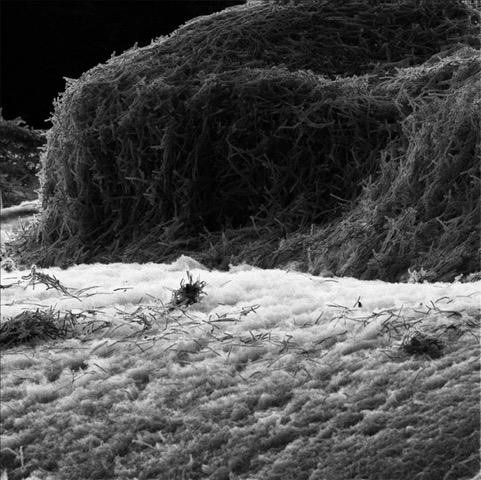Fish study shows bacteriophages enrich mucus, protecting host from pathogenic bacteria.
November 27, 2019

Mucosal surfaces protect organisms from external stressors and disease, and bacteriophages — viruses that infect bacteria — have been shown to preferentially bind to mucosal surfaces, according to the University of Jyväskylä in Finland.
This has been suggested to provide an extra level of immunity against bacterial infections, and now, University of Jyväskylä researchers have tested this idea using fish, phages (viruses) and fish-infecting bacteria.
Phages were confirmed to bind to the mucosal surface, staying there for days and providing protection from subsequent bacterial infections, the announcement said. The research was published in mBio in November 2019.
Mucosal surfaces are important for protection of tissues and homeostasis but are often targeted by disease-causing bacteria, the University of Jyväskylä said. It has been suggested that phages specifically bind to host mucosal surfaces and prevent colonization by pathogenic bacteria.
In this symbiotic model, phage populations are enriched in the mucus -- a substrate that makes encounters with bacterial hosts more probable -- while the animal benefits from protection against invading bacteria, the announcement said.
The Jyväskylä researchers tested this idea using rainbow trout, phages and the fish-infecting bacterium Flavobacterium columnare. Phages were found to bind to fish mucosa and stay there for several days. Phages bound in mucus also protected the fish from diseases, although the pathogenic bacteria had a strong chemotaxis toward mucus, and exposure to mucosal molecules made them more virulent, the researchers reported.
However, the mucosal environment made the bacteria more susceptible to phage infections, revealing a new aspect of the tripartite interactions among mucosal surfaces, bacteria and phages.
The researchers concluded that the mucosal environment can influence both bacteria and phages. These interactions are important for understanding disease ecology and have a significant impact in preventive phage therapy approaches, they noted.
You May Also Like


.png?width=300&auto=webp&quality=80&disable=upscale)
